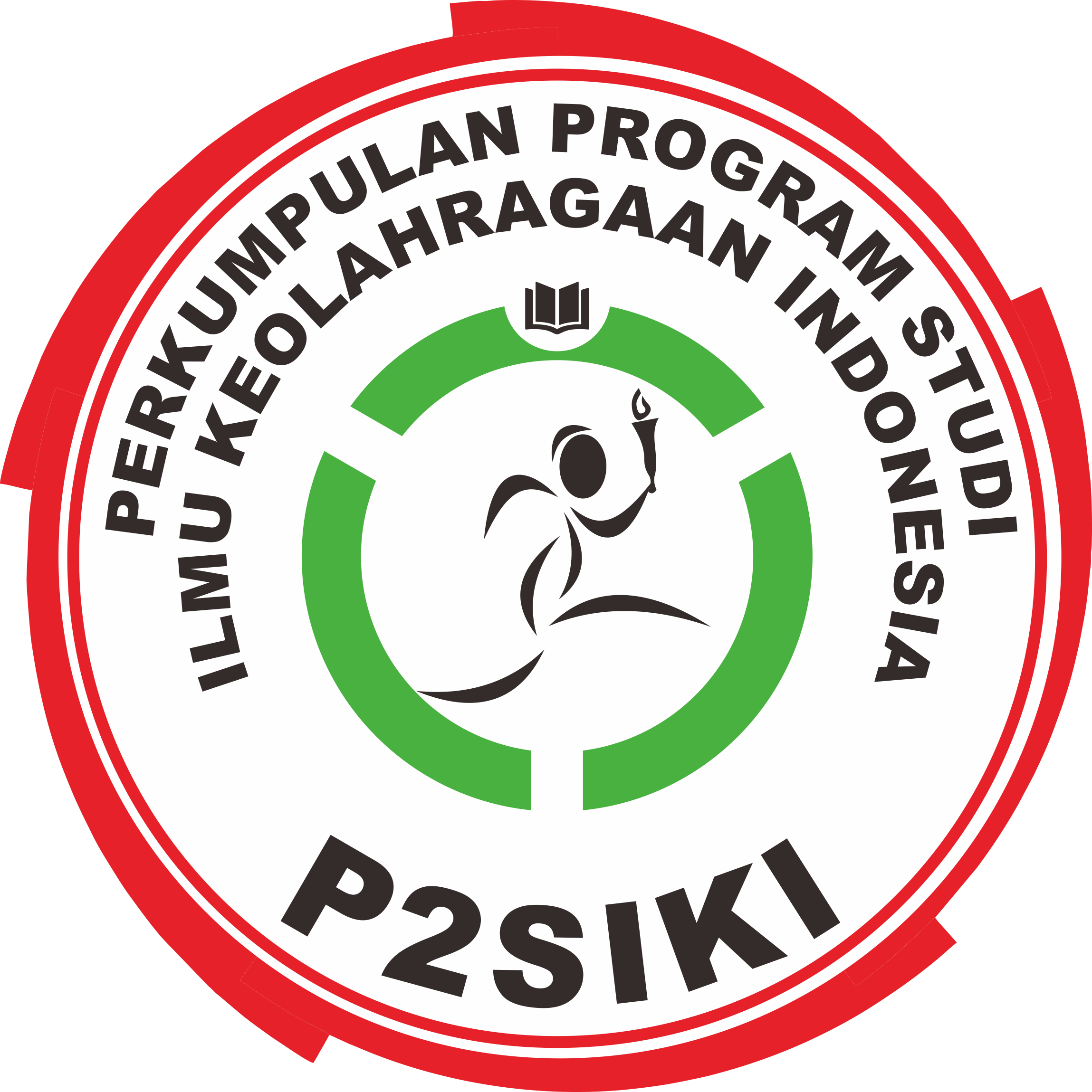Model Latihan Crazy Ball Game Meningkatkan Minat dan Motivasi Anak Berlatih Karate
(1) STKIP Agama Hindu SIngaraja
(2) STKIP Agama Hindu SIngaraja
Abstract
Melatih teknik bertarung (kumite) dengan cara berhadapan one bye one ditingkat anak usia dini tidaklah mudah secara psikologi anak, sehingga dibutuhkan metode khusus dalam melatih teknik kumite. Penelitian ini bertujuan untuk mengetahui pengaruh model latihan Crazy Ball Game dalam upaya meningkatkan minat dan motivasi anak berlatih kumite di lingkungan Pengkab FORKI Buleleng. Metode penelitian ini eksperimen dengan desain penelitian one group pretest-posttest design. Subjek penelitian adalah anak kategori usia dini (7 s/d 9 tahun) yang terdaftar di aliran/perguruan di bawah naungan FORKI Buleleng sebanyak 50 orang. Berdasarkan hasil analisis dan penelitian yang sesuai dengan penelitian ini, dapat disimpulkan bahwa Model Latihan Crazy Ball Game sangat berpengaruh terhadap minat dan motivasi anak-anak berlatih kumite. Berdasarkan hasil uji hipotesis kedua dalam penelitian (F = 4.614, p = < 0,05). Jika ditetapkan taraf signifikansi p = 0,05 maka nilai signifikansi uji hipotesis kedua jauh lebih kecil daripada p, sehingga F signifikan. Maka hipotesis kedua diterima yang artinya terdapat perbedaan yang signifikan terhadap sikap sosial antara siswa yang mengikuti Model Latihan Crazy Ball Game dengan siswa yang mengikuti Latihan konvensional.
Practicing fighting techniques (kumite) by dealing with one bye one at the level of early childhood is not easy psychologically for children, so special methods are needed in training the kumite technique. This study to determine the effect of Crazy Ball Game training models in an effort to increase the interest and motivation of children practicing kumite in the FORKI Buleleng regency. The research methods is an experimental research design with one group pretest-posttest design. The subject were fifty childrens of the early age category (7 to 9 years) who were registered in the school of Karate under the auspices of FORKI Buleleng. The result showed that Crazy Ball Game Exercise Model significantly to increase the interests and motivation of children to practice Kumite (F = 4.614, p = < 0.05). If the significant level is set p = 005, the significance value of the second hypothesis test is much smaller than p, so F is significant. The the second hypothesis is accepted, which means that there are significant differences in social attitudes between students who take the Crazy Ball Game Exercise Model and students who take conventional exercises.
Keywords
Full Text:
PDFRefbacks
- There are currently no refbacks.
Published by:
Department of Sport Science, Universitas Negeri Semarang
Gd. F1 Lt. 1 FIK-UNNES, Jalan Raya Sekaran Gunungpati Semarang Indonesia 50229, Telp/Fax: (024) 8508007
This work is licensed under a Creative Commons Attribution 4.0 International License.




